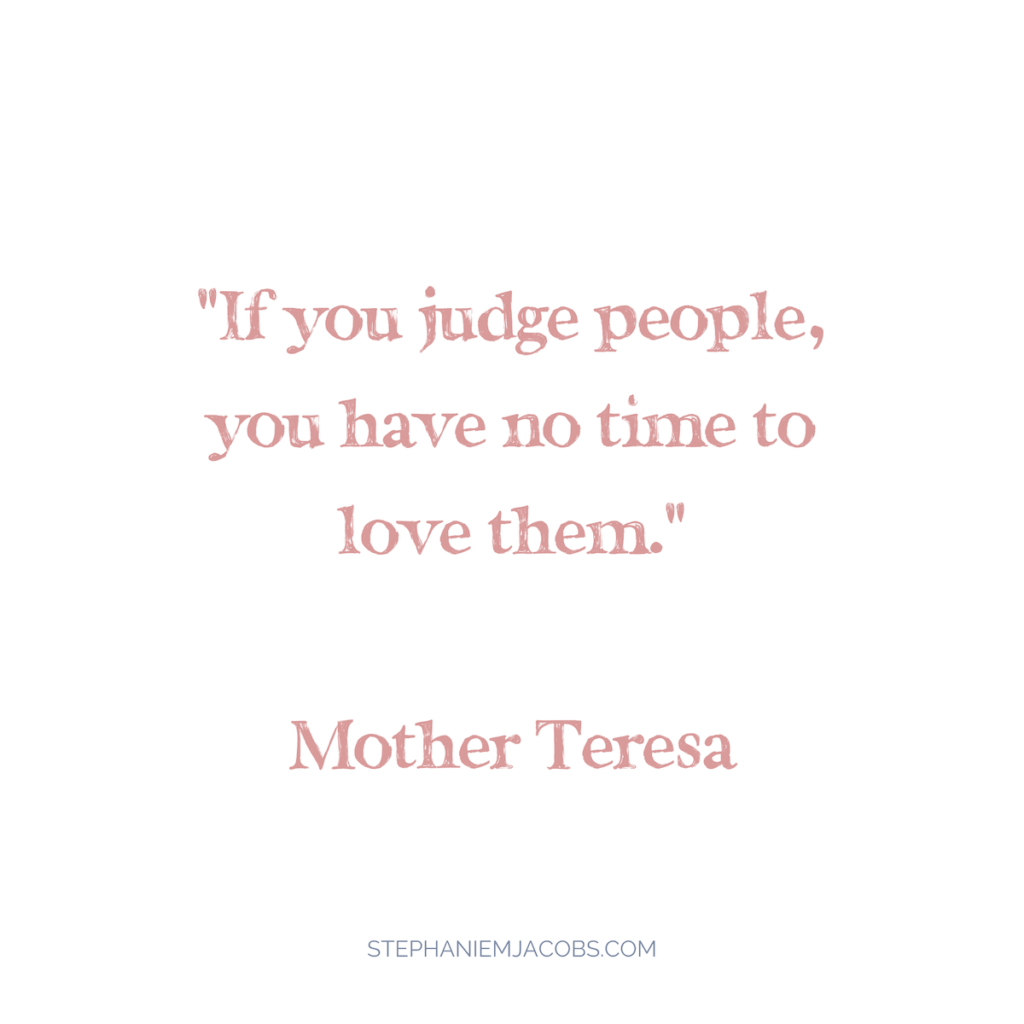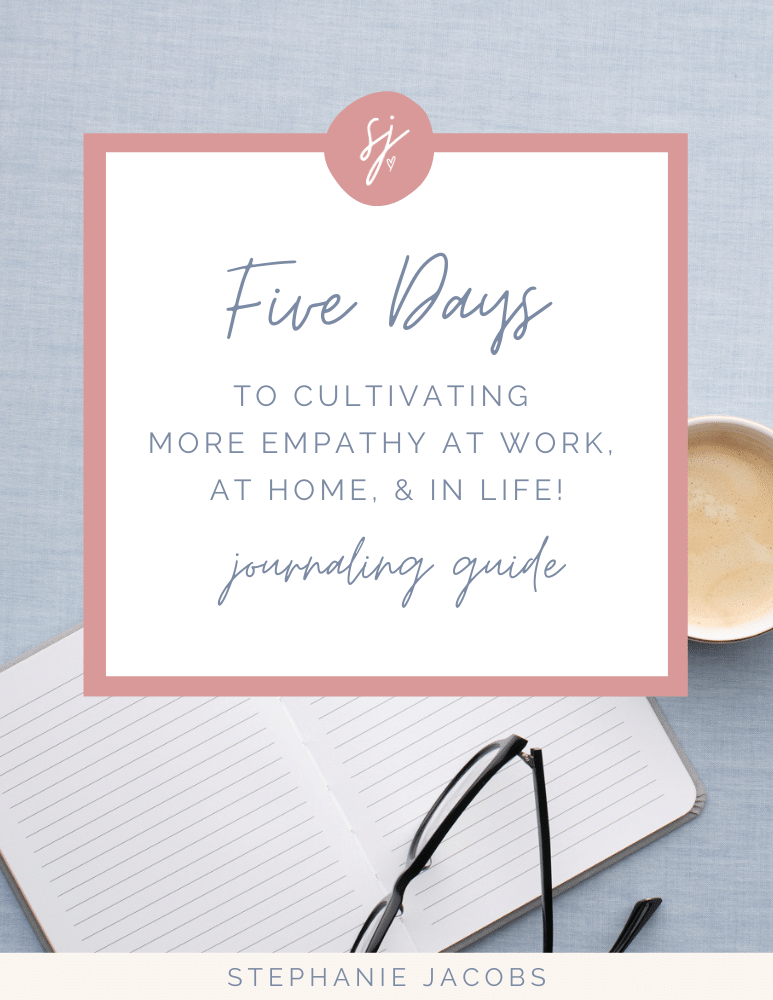According to Dictionary.com, the word “ judgment” can be defined as: “the ability to judge, make a decision, or form an opinion objectively, authoritatively, and wisely, especially in matters affecting action; good sense; discretion”.
That doesn’t sound half bad, does it? I’d like to be known for making good judgments! Wouldn’t you? 😉
Judgment can certainly be a good thing. In fact, God created us with the ability to form judgments as a foundational skill for living!
However, there’s another form of judgment that isn’t so grand…The type of judgment where we form an opinion of someone or something all too quickly, without even realizing it, causing us to believe something negative. NEGATIVE! That doesn’t sound wise, and I’d like to hide away from this one, please. 👀
It’s all too easy to form an opinion based on information we already have, and believe it to be true. We might even think it’s a wise opinion! Maybe it is, maybe it isn’t…We don’t know what we don’t know, right?
While I believe the ability to make judgments is indeed a tool that can help us make wise choices as God intended, our judgment can taint our choices and relationships too. I’m guessing you’re all too familiar with this yourself, having felt judged harshly by someone else or feeling the pang of guilt for your own harsh judgment. I’m right there with you.
In this post, we’ll dig into how we can form less negative judgments while still thinking critically. (Thinking critically is the key here!)

Judgment vs. Critical Thinking
We’ve already established that as human beings, we form opinions naturally – and that’s a good thing! The difference between thinking critically and casting judgment lies in whether or not we get stuck there. If we do, game over…We say, “That’s my opinion and I’m sticking to it!” Right?
Many of us get stuck with our own opinions so early on that we don’t have an opportunity to learn anything new that might change our opinion. We’ve been conditioned to believe things like “if you don’t stand for something, you’ll fall for anything”, or “your opinion makes you heard”. These statements are true in one sense, but they can also get us into trouble if we take them only at face-value.
If all we want to do is make our opinion heard, we’ll only add to the chatter that is noise (especially online)! However, if we also listen and learn with an open mind to other’s experiences and opinions, we’ll actually be heard, because we’ll be engaging in a constructive way!
By hearing others, we can be heard - which means we're ALL heard!
And we might just learn something from each other, or push an important conversation forward too!
In order to become the “wise” person our good old dictionary is describing, there’s another piece of judgement we need to become familiar with.👇
A wise person is constantly seeking to learn, listen to others, and gain input from other people. They’ve come to find that the more they know, the more they realize how much they don’t know! They speculate, there’s always more the story.
How can we better inform ourselves and learn from others?
Well, there usually is more to the story! Stories help us see and understand things we likely would never understand otherwise. Thus, they teach us to be open-minded with a non-judgmental posture.
This doesn't mean we can't have an opinion, or take a stand. We can take a stand while ALSO remaining open enough to let ourselves learn and see things differently. Then, of course, adjusting our opinion along the way if we’re proven otherwise (a.k.a. we see things in a different light)!
Yes, judgement is inherently good! It only becomes bad when we allow our negative opinions to get in the way. We only need to listen, learn, and constantly welcome “more” with an open mind! When we do, we’ll find ourselves becoming more understanding, wise, discerning, and loving. We’ll have stronger relationships in our lives. Our voice will be heard, and so will our friends’ (or dare I say, enemy that might even become our friend?).
We have the power to make the world a better place by simply staying open to learning and understanding others as we go about living the life God has given us!

Warning: This open-mindedness may lead to more empathy. 😉
If you’d like to practice cultivating more empathy in your own life right away, grab my free 5-day empathy guide with journal prompts to practice cultivating more empathy in your life! In as little as 5 days, you’ll begin seeing the world in a different light, and uncover new insights about the relationships around you!
Seriously, I created this guide specifically with you in mind, and it includes questions that I ask myself when I’m working to see new perspectives as well!



Be the first to comment